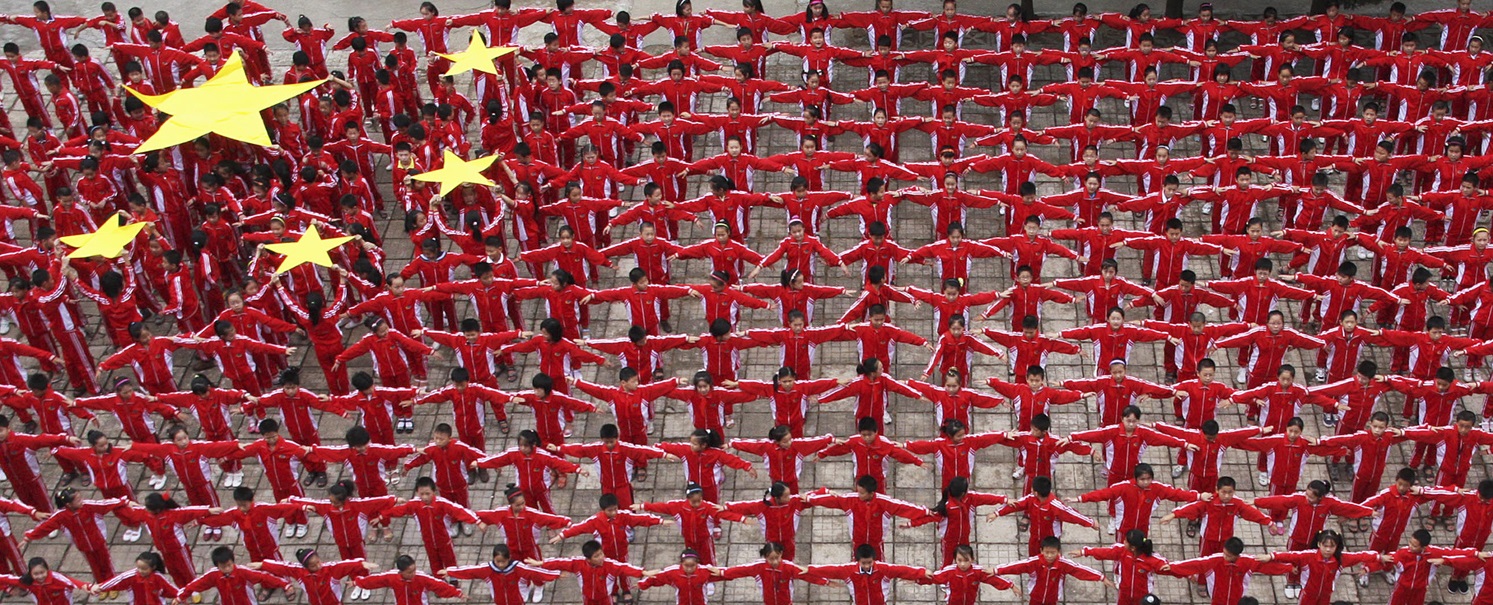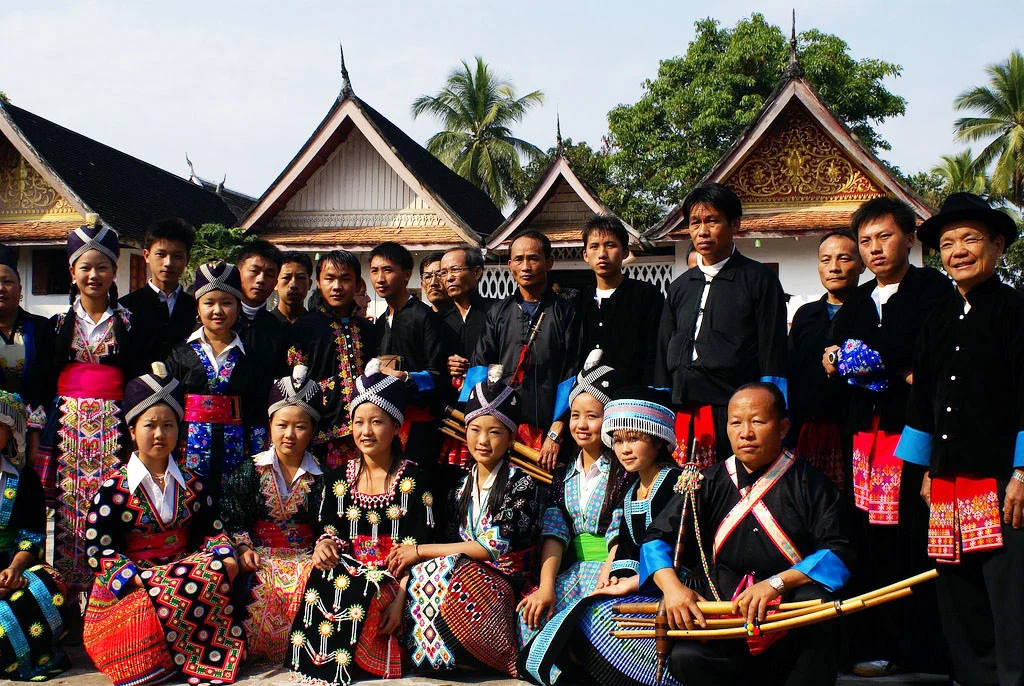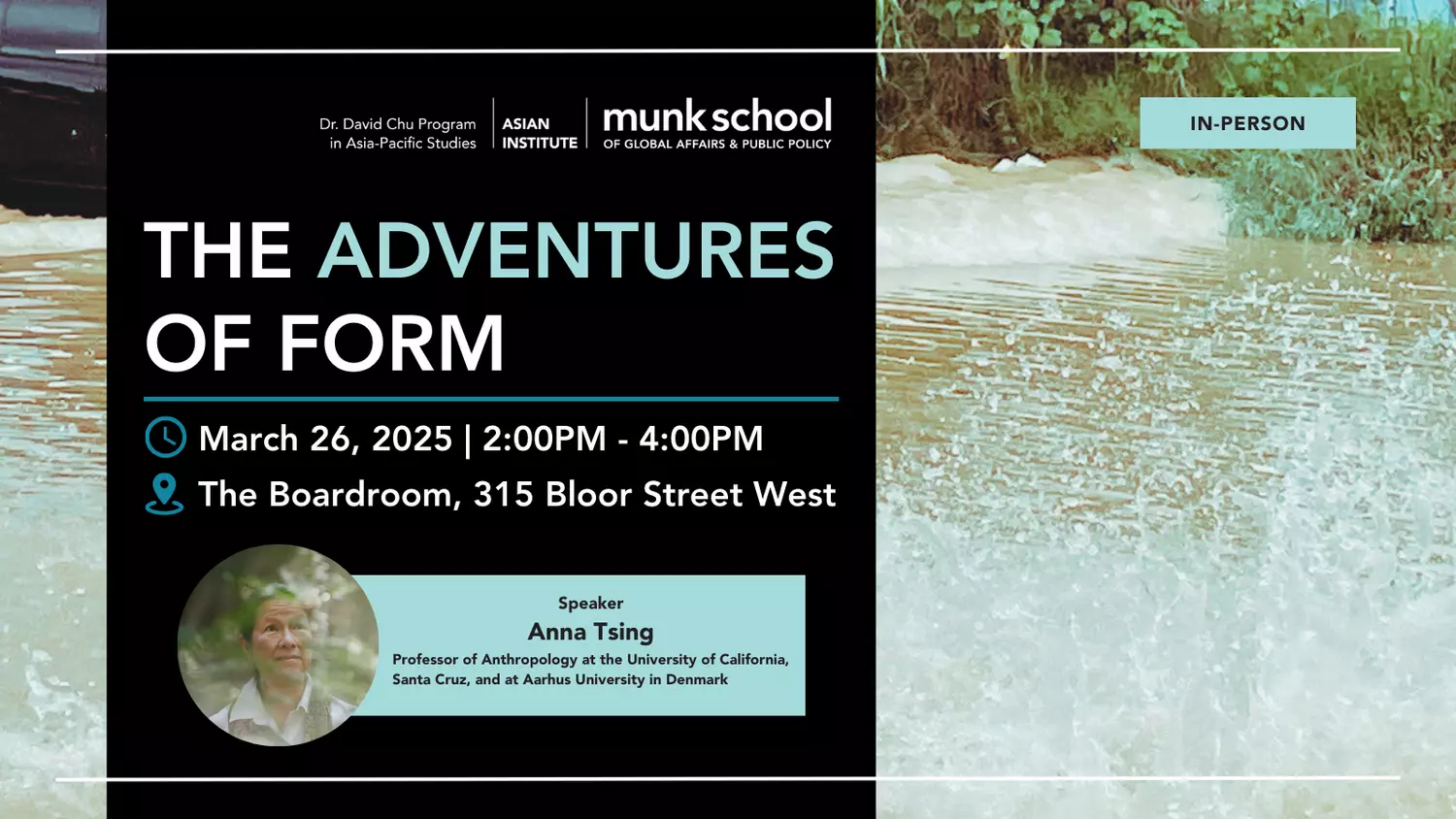On March 24, 2017, as a part of the Global Taiwan Lecture Series, the Munk School of Global Affairs hosted Professor Allen Chun for a discussion on his new book Forget Chineseness: On the Geopolitics of Cultural Identification. Professor Chun is a Research Fellow at the Institute of Ethnology, Academia Sinica, Taiwan. His research interests and publications cover socio-cultural theory, (trans)national identity, and postcolonial theories, mainly in Chinese-speaking contexts. The event was sponsored by the Taipei Economic and Cultural Office in Toronto, and co-Sponsored by the Asian Institute and the Dr. David Chu Community Network in Asia Pacific Studies. The talk was moderated by Associate Professor Tong Lam from the Department of History and University of Toronto. The event featured an in-depth analysis of the main themes of Professor Chun’s book. Forget Chineseness takes a critical interpretation of discourses surrounding identity, and forming a sense of “Chineseness” in societies such as Taiwan, Hong Kong, mainland China, and Taiwan.
Professor Chun began by explaining his perspective on the discipline of areas studies. He believes that experts often analyze areas such as Taiwan or Hong Kong without situating such regions in a comparative and global context in social, cultural, and political terms. His aim is to study these places not as typically imagined autonomous communities, but as social and cultural formations in the making, emerging and evolving in the present.
His presentation included the reading of several short critical interventions from his book. The first section consisted of Professor Chun’s argument that there have been changing notions of China and “Chineseness” as a type of culturalism. This notion has come to act as a discourse for geopolitical interests. Professor Chun asserted that however, identity has meaning not only in cultural terms. Identity is also embedded in specific entanglements of modernity, colonialism, nation-state formation, and globalization. Thus, one can interpret Chinese attempts at ideological investment in notions of Chinese identity or “Chineseness” as investments in a new form of geopolitics. At the same time, in places like Taiwan, Hong Kong, or Singapore, “Chineseness” is more complex and contested.
To delve into how “Chineseness” is constructed, represented, and contested, Professor Chun read a brief excerpt on the case of post-war Republican Taiwan. He argued that cultural identity under Kuomintang-led Taiwan was based on a monoculture understanding of Chinese identity that was reinforced and engendered in the education system. However, in post-KMTTaiwan, there was a shift towards a multiculturalism based on indigenization of cultural consciousness and an alternative nationalist identity surrounding native Taiwan. Professor Chun explained that this process was part of a changing conception of Chinese identity overseas. It is interesting to note that this construction of identity was drawn from a notion of native Taiwanese ethnicity, yet native Taiwanese accounted only for 3.4 percent of the population. Professor Chun argued that in fact, ethnicity counters little, as it was clouded by political discourse disguised as cultural realities.
Next, Professor Chun read a critical intervention in his book about conceptualizing Chinese identity in the case of Hong Kong. He explained that the stereotypical view of Hong Kong’s identity holds that it has shaped by British Imperial rule, and then its transition to China. Under the British, Hong Kong’s identity became closely tied to free market and laissez-faire ethics that attempted to create a utilitarian society, where nationalist conflicts would be deflected through de-politicization. During the 1970s, a period of transition, Professor Chun explained that this ethos continued in the form of collusion between the new state and the interest of the oligarchy as it pursued new nationalist reintegration. As a result, distinctive features of Hong Kong’s identity emerged as a result of the marriage between Confucian and British colonial ethics. Today, Hong Kong is imagined as an ideal environment for business. Professor Chun argued that this exceptionalism in Hong Kong over the last several decades is a part of a larger mutation in the tensions of a floating identity, which needs to be constructed under political instability.
The next reading focused on China and its attempts to reclaim not only national identity but also its destiny. In this chapter, rather than a historical narrative, Professor Chun highlighted some areas of concern. First, he presented the idea that much of “Chineseness” has been based on the myth of guanxi, which he argues has become a problematic universal phenomenon through cultural essentialization, rather than a phenomenon particular to Chinese culture. He also pointed to a popular concept in academia, that of a “greater China” emerging as a result of a shift in the center of gravity. Finally, Professor Chun noted that the discourse of capitalism with Chinese characteristics is also flawed in that it has become grounded in a historical logic of a continuous process of East Asian modernization and utilitarian capitalism. Professor Chun concluded that it is crucial to unpack this continuity and critically analyze cultural conceptions of “Chineseness”.
Professor Chun finished his readings with the case of Singapore, as its diasporic demographic raises different challenges to the notion of “Chineseness” and Chinese ethnicity. Identity has become embedded in both Singapore’s history and social position. “Chineseness” in Singapore is invoked by conflict, rather than necessarily by culture. Professor Chun argued that disciplinary modernity in Singapore does not treat ethnicity and culture as factors in projects of the nation-state. Rather, similar to the politics of difference seen in Taiwan, Singapore’s state identity rested on promoting equality and social cohesion over individual voice. In the search for modernity through state-led projects, Singapore essentially denied ethnic-based cultural identity by focusing on the market. Professor Chun also argued that this modern identity superseded “Chineseness”, accompanied by the state’s insistence on the collective over the individual.
Overall, Professor Chun presented a critical analysis on the intricacies of identity and geopolitics in various nations that have invoked or resisted labels of “Chineseness”. In the end, he posed the following pertinent question for all of us to consider, “To be or not to be is not question. The question is why identify?”
Eden Lee is a 4th Year student majoring in International Relations and Contemporary Asian Studies. She is particularly interested in the East Asian region and its economic and security developments.








